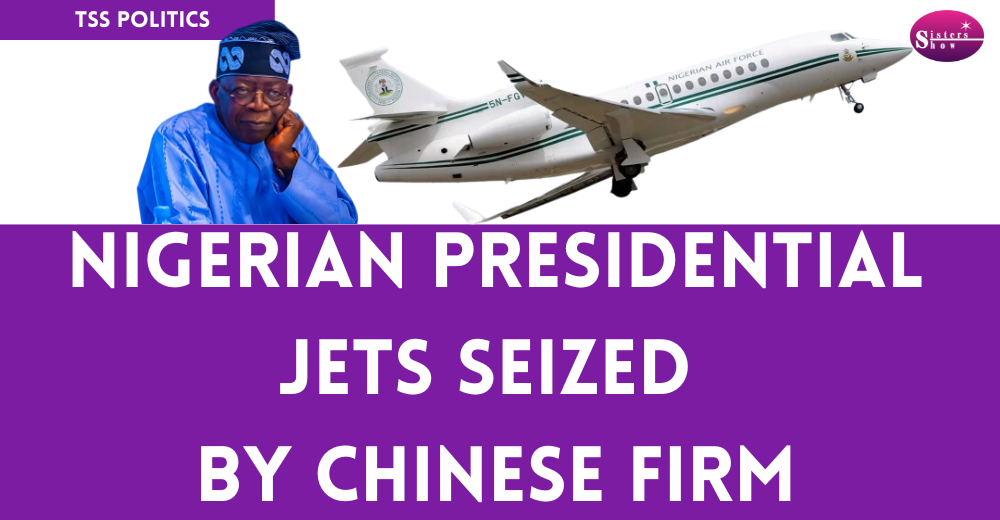
French Court Orders Nigerian Jets Seized in Dispute with Chinese Firm
In a dramatic escalation of a long-standing dispute, a French court has seized three jets owned by the Nigerian government, grounding them amid a conflict with Chinese firm Zhongshan Fucheng Industrial Investment. The roots of this dispute trace back to 2007, when Zhongshan signed a contract with Nigeria’s Ogun State to develop a free-trade zone intended to house a massive industrial park. The agreement, however, was abruptly terminated between 2015 and 2016, leading to years of acrimonious exchanges and legal battles.
Zhongshan claims it was forced out of the deal through a “campaign of illegal acts,” while Nigerian authorities have condemned the seizure of their planes, accusing the Chinese company of attempting to “undercut and scam” an African government. The planes, which were undergoing routine maintenance in France, were grounded after Zhongshan obtained orders from the Judicial Court of Paris.
Legal Battles and Sovereign Immunity: Nigeria’s Assets Under Siege
The seizure of Nigeria’s jets is only the latest development in this international legal saga. In March 2021, an arbitration tribunal chaired by the president of the UK Supreme Court awarded Zhongshan $74.5 million in compensation, a sum Ogun State has reportedly refused to pay. This ruling has led to a series of aggressive moves by the Chinese firm to seize Nigerian assets abroad. Nigerian-owned properties in Liverpool were confiscated by a UK court, and more recently, the United States Court of Appeals ruled that Zhongshan could continue its efforts to confiscate Nigeria’s assets, rejecting the country’s defense of sovereign immunity.
Nigeria has fiercely pushed back against these actions, accusing Zhongshan of misrepresenting facts in courts across the UK, US, and France. The Nigerian government, represented by spokesperson Bayo Onanuga, has described Zhongshan’s moves as “arm-twisting tactics” and “a long list of failed moves to attach Nigerian government-owned assets in foreign jurisdictions.” Onanuga also downplayed Zhongshan’s contributions to the free-trade zone, stating that the company had done little more than erect a perimeter fence on the proposed site.
Rising Tensions and Domestic Debate
This legal standoff has further strained Nigeria’s relationship with China, despite the two countries’ strong trade ties. It has also sparked domestic controversy, with critics questioning the need for multiple taxpayer-funded presidential jets, especially in the midst of an intense economic crisis affecting millions of ordinary Nigerians. Opposition politician Peter Obi called the seizure of the jets “embarrassing” and criticized it as a sign of the government’s “insensitivity to the plight of the growing poor class in our midst.”
As the Nigerian government works to overturn the French court’s “frivolous order,” the situation continues to raise questions about the balance of power in international disputes and the protection of national assets against foreign entities. Whether this conflict is seen as a diplomatic crisis or a strategic scam depends largely on perspective, but it undeniably exposes the vulnerabilities of African nations in the global legal arena.




